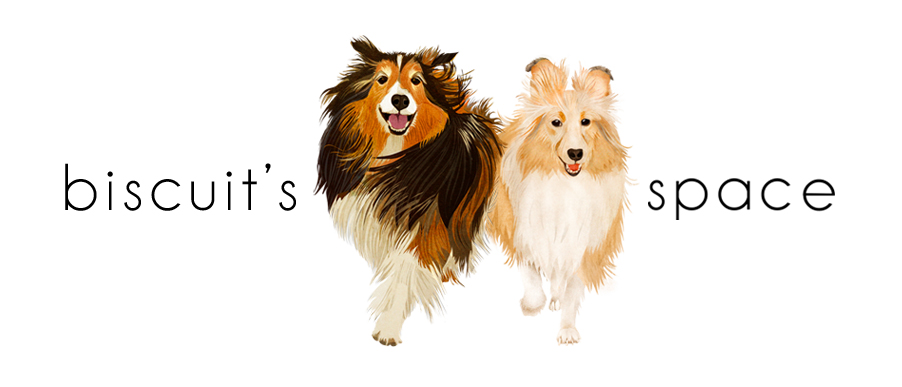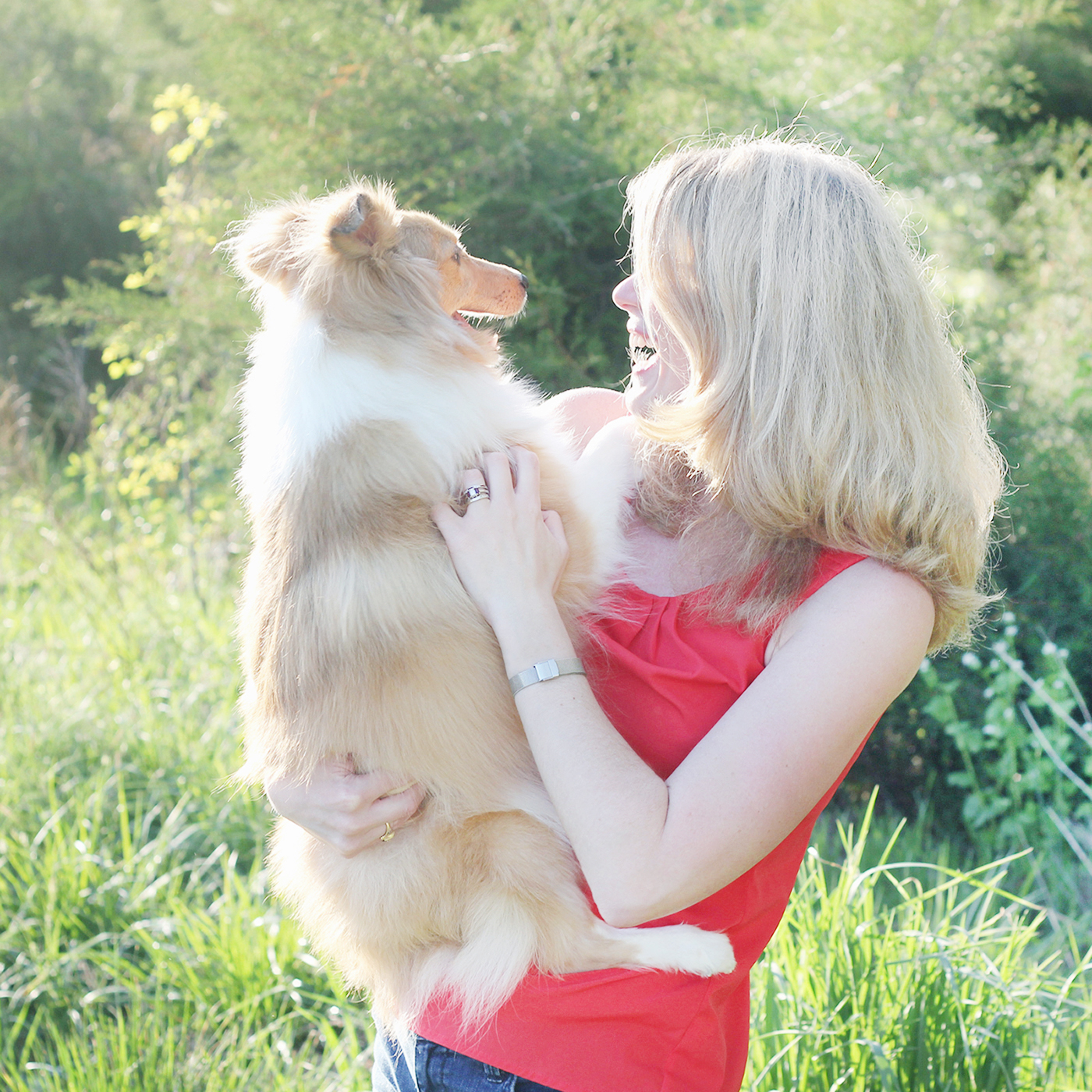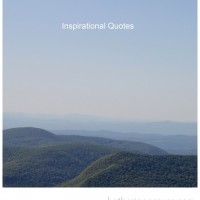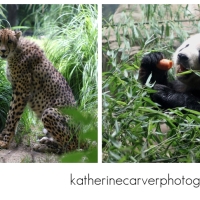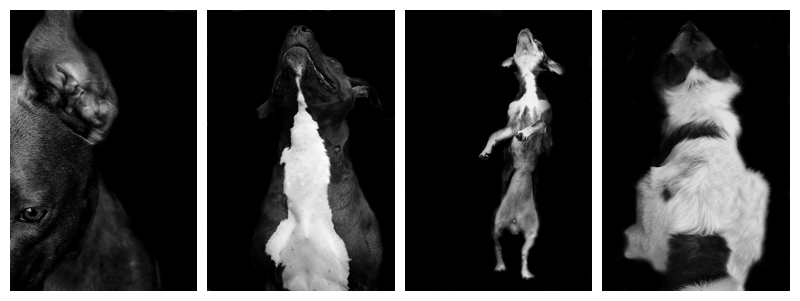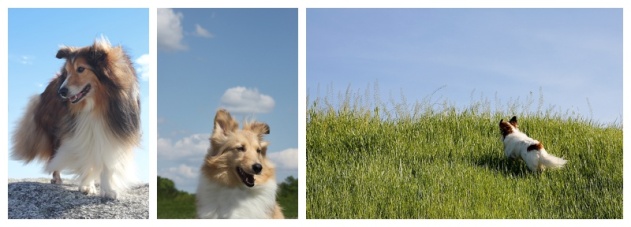It is almost spring, technically, even though it still really feels like winter here with cold temperatures. I hope these ideas, below, might help you in this season. I already ordered Enchantment, and I cannot wait to read it!
_____________________________________________________
It all started with a post-it note.
“Go for a walk,” it said, the matter-of-fact command enthroned prominently above Katherine May’s desk.
Ms. May, a British author who wrote the best-selling memoir Wintering about a fallow and difficult period in her life, had been going through tougher times during the height of the pandemic. She was bored, restless, burned out. Her usual ritual – walking – had been dropped, along with other activities that used to bring her pleasure: collecting pebbles, swimming in the sea, enjoying a book.
“There was nothing that made the world interesting to me,” Ms. May said in a recent interview with The New York Times. “I felt like my head was full and empty at the same time.”
In Ms. May’s latest book, Enchantment, she describes how a simple series of actions, like writing this note, helped her discover little things that filled her with wonder and awe – and in turn, made her feel alive again to be.
“You have to keep pursuing it until you feel that tingle that tells you you’ve found something that’s magical to you,” Ms. May said. “It’s trial and error, isn’t it?”
We asked Ms. May for tips on how you can do the same.
Commit to noticing the world around you
“We must find the humility to be open to experience each day and allow ourselves to learn,” Ms. May wrote in Enchantment.
It’s “easier said than done,” she admits.
“Don’t get distracted by thoughts that tell you it’s stupid or pointless or a waste of time or that you’re way too busy to possibly do it,” Ms. May said during the interview. “Instead, give yourself permission to even want that — to long for that contact with the sacred and that feeling of being able to commune with something bigger than you.”
Entering into a state of wonder is akin to flexing a muscle, Ms. May said. Put yourself in that mindset more often and it gradually becomes easier.
First of all, you need to “give in to the fascination” that you feel in everyday moments. Ms. May, for example, gets “really excited” when she sees light dancing across the surface of her coffee.
But don’t force it. The key, she said, is to keep looking for the things that amaze you — and trust that you will find them.
What you find pleasant may be quite simple: Ms. May has often felt awe when examining a small vermin in her garden.
“We told ourselves that everything has to be this big,” she said. “Actually, we can just breathe out and live a pretty small life.”
Ask yourself a simple question
Instead of thinking about what you find adorable that’s too difficult to answer, Ms. May suggests asking yourself a different question: what calms you down?
It could be a walk. Or visit an art museum. You might like watching the moving clouds.
Whatever it is, find a way to do it. Every morning Ms. May goes outside and smells the air “like a dog,” she said, laughing. She notices the color of the sky and how her skin feels in the cool air.
For some people, that calming moment could be found at a place of worship or gazing at the moon.
“The moon is so beautiful, and when you look at the moon you can’t help but notice the stars and planets in the night sky,” said Ms. May, who regularly observes the moon phase. “It’s just a beautiful, beautiful thing to do. Daily. And it’s that simple.”
Consider and reflect in your own way
If you want to spend more time in personal reflection but are concerned about doing it the “right” way, put those concerns aside.
For example, when Ms. May was learning to meditate, she wanted to do it twice a day for 20 minutes, but not before or after sleep and never after a meal. Then she became a mother and finding time to meditate became more difficult.
“You get to a point in your life where you’re like, ‘This is just impossible,’” she said. “For a long time I thought, ‘I failed. Obviously I should be able to do that.’”
Finally, she had a realization: the problem wasn’t that she hadn’t tried hard enough, but that these rules weren’t made for her. They had been created by someone who had never walked in their shoes.
Now she meditates in a different way. Sometimes she does this for five minutes in the middle of the night or while walking in the woods.
“For me, it’s never been about clearing my head,” Ms. May said. “It’s about taking on the slower-paced kind of work, processing all those things that are itching in the back of your mind.”
Do it because it feels good.
People tend to think that it’s kind of naïve to seek pleasure for pleasure’s sake, Ms. May said. In other words, we’re more likely to assign value to things that are considered practical and efficient.
But you don’t need dates or any other compelling reason to do something you enjoy.
For example, one of Ms. May’s hobbies is cold-water swimming. She doesn’t do it to burn calories. Rather, it’s “for the sheer joy of being in this incredible space,” she said, not to mention “how sensual it is and the amazing feel-good hormones it releases.”
And although Ms May initially took a beekeeping course to learn how to make honey at home, that goal became less urgent when she was awed as a student.
“Technically I could still do that, but I now realize I never really wanted to,” Ms. May wrote in Enchantment.
The joy of it all—the connection with her teachers and classmates, the sensual pleasures—surpassed any practical ambitions.
“I want to take it slow, absorb my lessons on the skin and the ears, get pricked sometimes,” she wrote of the experience. And she described the wonder she found in the class: “They’re so loud when they’re all singing together, and with the smell of honey and propolis, the smoke, the whole box vibrating under your hands, it’s quite absolute, the human-bee interaction”
_____________________________________________________
(Source for this above interview.)
